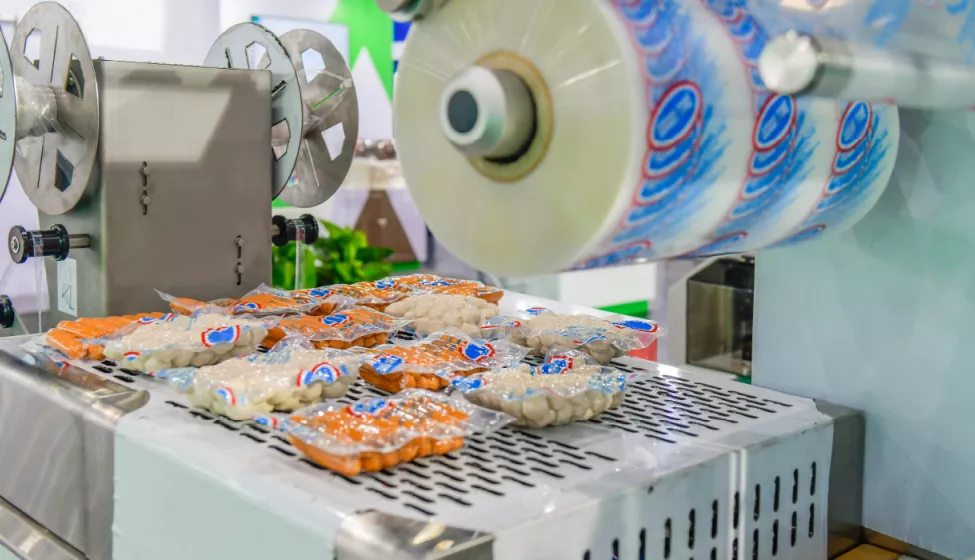August 9, 2022
Some substances listed in the current Swiss Ordinance will soon be subject to "self-control" for use on food contact materials
Annex 10 of the Swiss Ordinance on materials and articles intended to come into contact with foodstuffs lists substances permitted for use in the production of printing inks for food contact materials and their related requirements. Until now, Annex 10 has consisted of two parts, Part A and Part B.
Part A lists substances that have been fully evaluated by the Swiss authorities (Federal Department of Home Affairs and the Federal Food Safety and Veterinary Office), whereas Part B lists substances that may only be used if the user can demonstrate that ink constituents do not transfer to food when assessed using a method with a detection limit of 0.01 mg/kg (10 ppb) AND the substances in question are not carcinogenic, mutagenic, or toxic to reproduction (CMRs). Even though these substances are classed as "non-evaluated," evidence that they meet the listing requirements (i.e., migration <10 ppb and no CMR properties) must be provided to the Swiss authorities before they can be added to Part B.
However, the Swiss authorities have indicated they are preparing new printing ink legislation that will not include a list of non-evaluated substances, and as such, they are no longer accepting applications for adding substances to Part B of Annex 10. Only Part A substances will remain listed in the new legislation.
The consequence of this change is that substances not included in Part A of the Annex can be used under "self-control" if they are not CMR and do not migrate into food at levels above 10 ppb.
The new regulation is scheduled to come into force in mid-2023.
Based on our extensive experience working under the requirements of the EU food contact materials legislative framework, it is our opinion that "self-control" refers to compliance with Article 3 of Regulation (EC) No 1935/2004 of the European Parliament and of the Council of 27 October 2004 on materials and articles intended to come into contact with food, the so-called Framework Regulation, which states:
"Materials and articles, including active and intelligent materials and articles, shall be manufactured in compliance with good manufacturing practice so that, under normal or foreseeable conditions of use, they do not transfer their constituents to food in quantities which could:
- Endanger human health; or
- Bring about an unacceptable change in the composition of the food; or
- Bring about a deterioration in the organoleptic characteristics thereof."
While the provisions of this regulation specifically apply to controls on products placed on the market in the EU, the Swiss Authorities apply the same principles, so they will become more relevant for substances used in printing inks that are not listed in the new regulation.
How Exponent Can Help
Using our expertise in food contact materials analytical chemistry, regulations, toxicology, and risk assessments gained from decades of experience working at regulatory authorities around the world, with contract and governmental research organizations, and in industry, we can help clients collect relevant information and develop and submit dossiers to the Swiss (and German) Authorities for evaluation and authorization of new substances intended to be used in printing inks intended for food contact materials applications. We can also assist clients in carrying out the "self-assessment" of substances in line with the requirements of the Framework Regulation to ensure full compliance of printing ink substances that are not authorized by the Swiss Authorities.


